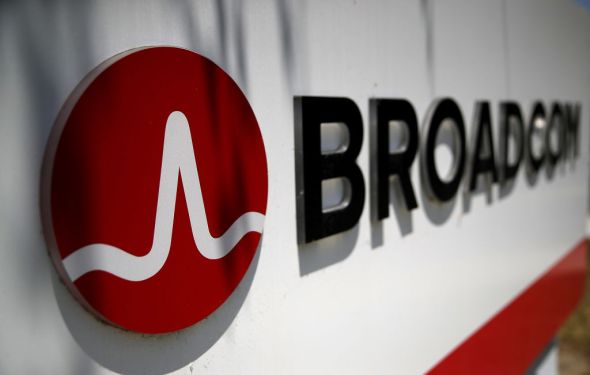
In a stark contrast to the struggles faced by centralized finance (CeFi), decentralized finance (DeFi) has experienced a significant decline in security incidents. According to Hacken’s annual ‘Web3 Security Report’, DeFi’s strengthened security measures have led to a 40% decrease in dollars lost to security incidents from 2023 to 2024.
The State of DeFi
Hacken’s report highlights the improvements made by DeFi in terms of security. One notable aspect is the decline in bridge-related exploits, which were a major vulnerability in DeFi last year. The report notes that financial losses due to these exploits have dramatically decreased from $338 million in 2023 to just $114 million in 2024.
Despite these improvements, challenges persist in the DeFi space. Access control vulnerabilities remain a significant concern, accounting for nearly half of all DeFi losses. A notable example is the Radiant Capital hack, which resulted in losses of $55 million.
CeFi’s Troubles
In contrast to DeFi’s progress, CeFi has faced a bleak year. According to Hacken’s report, CeFi breaches have more than doubled, with financial losses surging to $694 million. The surge in breaches is attributed largely to access control exploits and notable incidents like the DMM exchange hack and the WazirX hack.
These hacks involved compromised private keys and multisignature vulnerability exploits, facilitating the theft of $305 million and $230 million, respectively, from the exchanges. Dyma Budorin, co-founder and CEO of Hacken, emphasized that these findings highlight ‘critical gaps’ in CeFi operational security, mainly driven by ‘poor private key management, weak multisig setups, and centralized control vulnerabilities’.
Financial Losses Over the Last Three Years
The chart below highlights the significant difference in financial losses between DeFi and CeFi over the last three years.
| Year | DeFi Financial Losses | CeFi Financial Losses |
| — | — | — |
| 2023 | $787 million | $333 million |
| 2024 | $474 million | $694 million |
Lessons to be Learned
The significant difference in financial losses between the DeFi and CeFi sectors highlights an opportunity for improvement in both industries. Budorin emphasized that attackers exploit gaps in security setups and that it’s critical ‘to adopt stricter key management practices and automated monitoring’ systems to mitigate these risks.
The Risks of Centralization
The risks highlighted by Hacken’s CEO can be seen in the recent report by Chainalysis, which states that North Korean hackers stole over $1.3 billion in crypto assets this year across 47 incidents.
Why CeFi is More Vulnerable to Security Incidents
CeFi’s centralized nature makes it more vulnerable to security incidents. Unlike DeFi, which operates on a decentralized network, CeFi relies on central authorities to manage transactions and store funds. This concentration of power and control creates a single point of failure, making it easier for hackers to exploit vulnerabilities.
The Importance of Security in the DeFi Ecosystem
DeFi’s progress in terms of security is a testament to the importance of robust protocols and cryptographic measures. By prioritizing security, DeFi has been able to reduce financial losses and create a safer environment for users.
Conclusion
The Hacken report highlights the stark contrast between DeFi’s progress and CeFi’s struggles. While DeFi has made significant improvements in terms of security, CeFi continues to face challenges due to its centralized nature. The lessons learned from these findings can be applied to both industries, emphasizing the importance of adopting stricter key management practices and automated monitoring systems.
Takeaways
- DeFi has experienced a 40% decrease in dollars lost to security incidents from 2023 to 2024.
- CeFi breaches have more than doubled, with financial losses surging to $694 million.
- Access control vulnerabilities remain a significant concern in both DeFi and CeFi.
- Centralized finance’s (CeFi) centralized nature makes it more vulnerable to security incidents.
- Decentralized finance’s (DeFi) progress in terms of security is a testament to the importance of robust protocols and cryptographic measures.
By prioritizing security and adopting best practices, both DeFi and CeFi can create a safer environment for users.
















